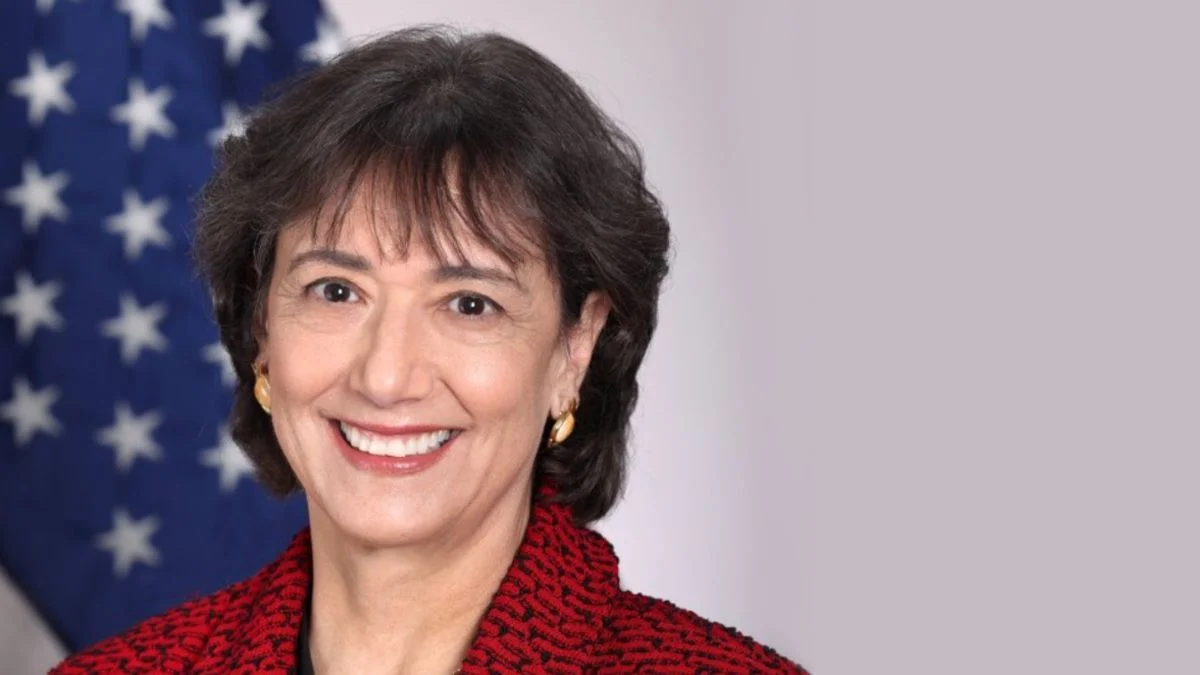Monica Bertagnolli posted on LinkedIn:
“Earlier this month, we were honored to add three names to the list of Nobel laureates whose work has been supported by NIH. The 2024 Nobel Prize in Physiology or Medicine was jointly awarded to Victor Ambros and Gary Ruvkun for their discovery of microRNA and its role in post-transcriptional gene regulation . In addition, David Baker, one of three awardees of the Nobel Prize in Chemistry for his work in designing new computational proteins , is a long-time recipient of NIH support. On behalf of the NIH community, I’d like to congratulate these esteemed researchers for receiving this honor and thank them for their pioneering contributions to biomedical science.
Ambros and Ruvkun began the work that would eventually earn them the Nobel Prize in the late 1980s, when they were postdoctoral fellows studying gene regulation in a minuscule roundworm. Though very small, the worm has many specialized cell types that make it a good model for studying the growth of multicellular organisms. The researchers were especially interested in two mutant strains of worms and how their mutated genes affected the development of certain kinds of cells. Over many years and continued findings, Ambros and Ruvkun made the unexpected discovery of a new form of genetic regulation by a previously unknown type of molecule, microRNAs.1,2,3 They eventually showed through their work that this type of gene regulation is essential for all complex life forms. We now know that cells and tissues cannot develop normally without microRNAs, and abnormalities in microRNAs can lead to congenital hearing loss, eye and skeletal disorders, cancer, and other diseases. These findings have opened up new directions for research into stopping these conditions.
Curiosity-driven research also enabled the recipients of the 2024 Nobel Prize in Chemistry, who were recognized for cracking the code of protein structures. When Baker started as a student at Harvard University, he originally planned to study philosophy and social science. But when he came across a textbook on the molecular biology of the cell in a biology class, he changed his focus and became fascinated with cell biology and especially protein structures. Proteins are molecules made up of amino acids that drive all the chemical reactions in our bodies and are required for the body to function properly. Through his work exploring how proteins fold, Baker began to develop computer software called Rosetta that could predict protein structures. He then had the idea to use the software to do something long thought impossible: create new proteins that have new functions. In 2003, Baker and his team did just that—they created the first entirely new protein.4 Since then, he and his colleagues have produced multiple new proteins that have a range of purposes, including serving as the basis of new pharmaceuticals and vaccines.
The other half of the Chemistry prize was given jointly to Demis Hassabis and John Jumper of Google DeepMind, for the development of an artificial intelligence (AI) tool that can predict protein structure and has been able to do this for almost all known proteins. Called AlphaFold2, this tool is publicly available and has been used by more than 2 million people around the world for a range of processes, from helping us better understand antibiotic resistance to finding ways to use enzymes to break down plastic. Baker, Hassabis, and Jumper were awarded the prize together because it was their joint discoveries that provided these amazing insights into protein structure.
These Nobel Prizes are a reminder of the importance of basic research and the ways studies that start seemingly small—like investigating the cells of a tiny worm—can lead to breakthroughs that forever change our understanding of human health.”
Monica Bertagnolli is the Director of the National Institute of Health (NIH), USA. She is the President of Alliance for Clinical Trials In Oncology Foundation. She previously served as the Richard E. Wilson Professor of Surgery in the field of surgical oncology at Harvard Medical School, a surgeon at Brigham and Women’s Hospital, and a member of the Gastrointestinal Cancer Treatment and Sarcoma Centers at Dana-Farber Cancer Institute. Dr. Bertagnolli is the Founding Chair of the minimal Common Oncology Data Elements (mCODE) executive committee and has held multiple positions nationally, including being Past President and Chair of the Board of Directors of the American Society of Clinical Oncology. In 2021, she was elected to the National Academy of Medicine, having previously served on the National Academies National Cancer Policy Forum.


